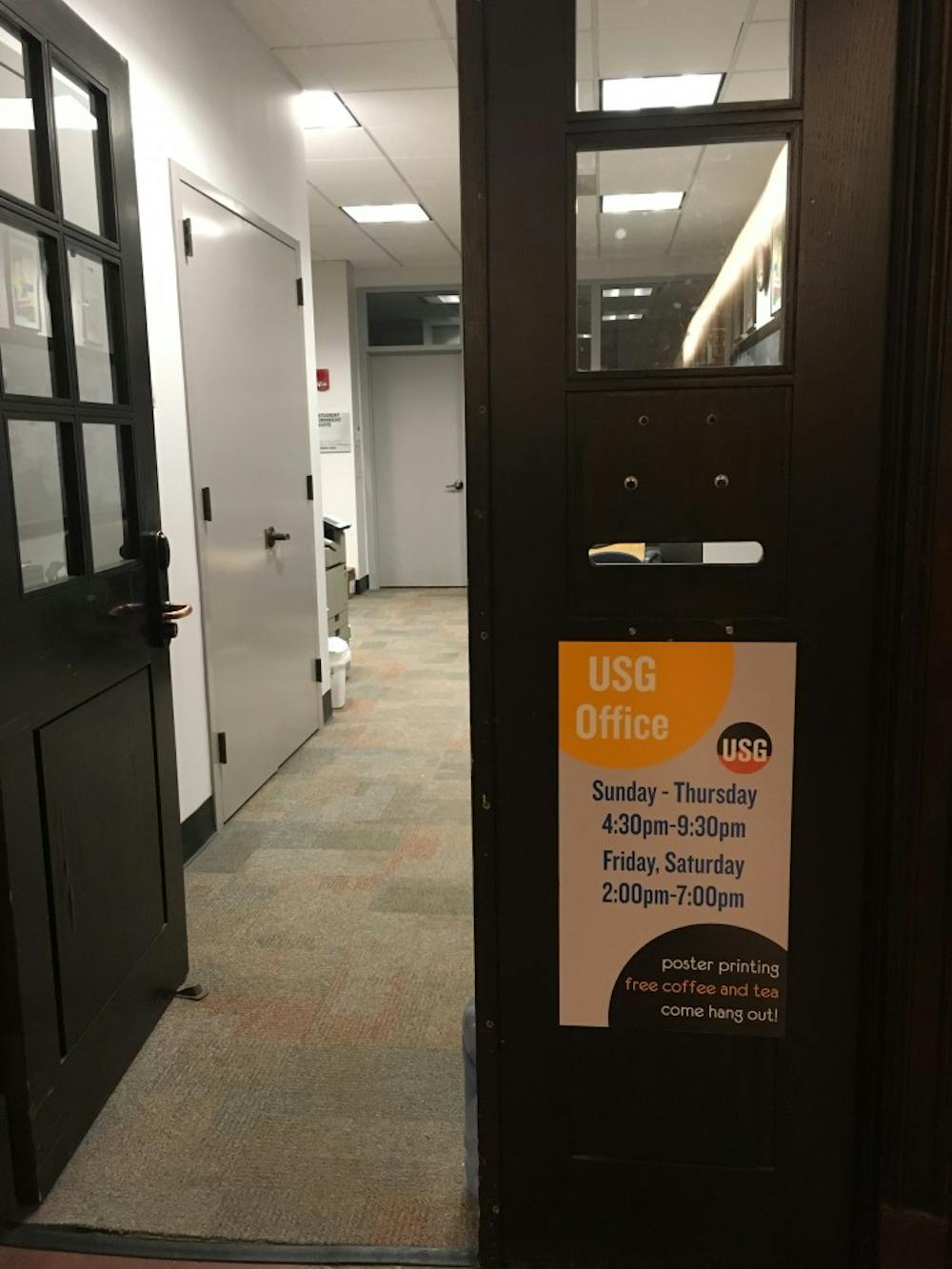Voter turnout across the United States has been criticized for years for being too low, and Princeton’s campus elections are no exception. This past winter for instance, despite USG’s aggressive Project 50 aiming to increase turnout to 50 percent, only 38 percent of undergraduates voted for positions like USG President and class senators.
Given the history of past election results, however, I can see how undergraduates may be disenchanted with voting, especially when it comes to USG referenda, or student-written statements that call on the Princeton administration to change the University’s operational policies. Last winter’s Honor Code referenda (four in total), which would have changed standard penalties and other disciplinary procedures, passed overwhelmingly with up to 94 percent of students approving the changes and an over 60 percent turnout rate. A few weeks later, in early January, the administration remanded three of these referenda, citing an oversight power that we didn’t know they had; Article VI, Part A, Section 2 of the Honor Code explicitly outlines how students can amend its policies with no mention of administrative involvement.
I maintain, however, that voting on referenda is one of the best ways for us to push Princeton to make changes in their policies. While referenda may not immediately modify administrative actions, they do a fantastic job at sparking and accelerating conversation among their topics of interest. Consider the wave of Honor Code reforms that have sprung out of the 2017 debacle. Earlier this year, the Academic Integrity Report Reconciliation Committee released a list of new standards, including changing penalties to a months-based system, a suggestion that was largely promoted through one of the three referenda that was remanded by the administration.
This spring, one of the four referenda on the ballot aims to implement these recommendations; because this referendum is sponsored by the Joint Honor Committee, it will probably gain more traction and will perhaps result in tangible changes in Honor Code policy. Without the Honor Code referenda from last year, none of these proposals might have come under consideration.
I’ve also gained a different perspective after working with the Princeton Student Climate Initiative’s Carbon Neutral Campus team to sponsor Referendum Question No. 1 on this spring’s ballot, which asks the University to take steps towards further reducing our campus carbon footprint. After several months spent researching and drafting our referendum, we decided on three concrete demands: expanding our carbon emissions tracking, outlining benchmark dates to get to carbon neutrality by 2046 (our current goal), and engaging more students in deciding on Princeton’s climate policies. While the administration can choose whether or not to follow these specific demands, passing the referendum still clearly communicates a strong message to the University that undergraduates are passionate about rapid climate action, regardless of how the referendum is actually implemented.
As we saw through Honor Code reform, referenda cannot be expected to be implemented word-for-word, but if student groups craft referenda carefully to communicate a broader theme, like enhanced climate action, they may see more success in getting positive responses from the administration. In order for all of this to happen, though, students need to actually vote. Referenda need a third of the campus to vote on them before they can even be considered as passing or failing. If this campus can’t consistently engage a third of the campus in USG elections, referenda will continue to lose their impact.
To all of my fellow undergraduates: I share a feeling of disappointment in how the Honor Code referenda were dismissed last year, but we can’t give up on the USG referenda system. If more of the campus refrains from voting, the University administration will continue to view us as disengaged and uninvolved. While a vote won’t necessarily change how the University operates overnight, at least it’ll collectively show administrators what we care about and how we want to see Princeton be shaped for the better. I encourage you all to vote in USG elections this April 15–17 on Helios for each of the four referenda on the ballot.
Claire Wayner is a first-year from Baltimore, MD. She can be reached at cwayner@princeton.edu.








